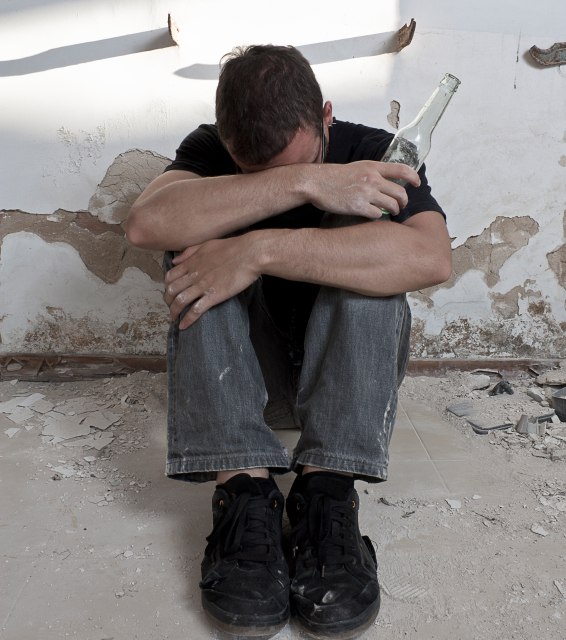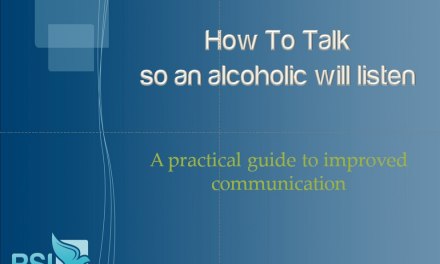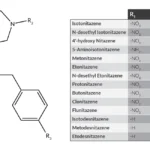There’s a saying among 12 Steppers that an alcoholic needs to ‘hit bottom’ before he is willing to quit for good. There were always problems with this concept. Plenty of AA members sought help long before their lives were completely fractured, and many achieved success.
Even if addicts don’t actually need to hit bottom, it does seem like there’s a certain critical mass of consequences required to set the stage for real change. I’d describe it this way:
- First, the problems caused by substance use must clearly outweigh the benefits of drinking or drug use. That usually takes some time.
- Second, the addict must become aware of that change. This is complicated by the array of psychological defenses that grow up around addiction and interfere with that awareness.
- Third, the user must, at the right time, be presented with an acceptable alternative to continued use — some form of treatment which he or she can accept.
Real change, the profound sort required for lasting recovery, is difficult. Motivation alone is never sure-fire protection against failure. People tend to go back to established patterns of drug and alcohol use even when it’s clearly against their own best interest. But once the scale has tipped, at least the addict is trying, however fitfully, to change.
The evidence supports the idea that eventually, that change will come. Those ‘failed’ treatment episodes will then appear to be important steps on the road to eventual success. We’ll see the progress that was occurring even when the addict appeared, at the time, to be floundering badly.
That is, if he or she is lucky enough to survive the journey. Some don’t. That’s the risk we take, and it’s our motivation for seeking to intervene even when it’s not welcomed.













